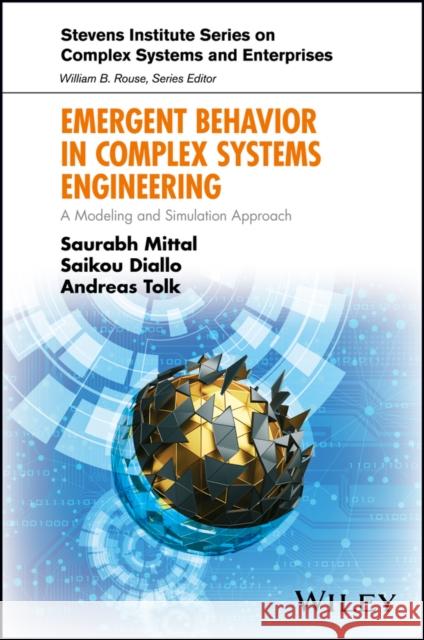Emergent Behavior in Complex Systems Engineering: A Modeling and Simulation Approach » książka
topmenu
Emergent Behavior in Complex Systems Engineering: A Modeling and Simulation Approach
ISBN-13: 9781119378860 / Angielski / Twarda / 2018 / 416 str.
Kategorie:
Kategorie BISAC:
Wydawca:
Wiley
Seria wydawnicza:
Język:
Angielski
ISBN-13:
9781119378860
Rok wydania:
2018
Numer serii:
000773486
Ilość stron:
416
Waga:
0.70 kg
Wymiary:
23.11 x 15.49 x 2.54
Oprawa:
Twarda
Wolumenów:
01
Dodatkowe informacje:
Bibliografia
Wydanie ilustrowane
Wydanie ilustrowane











